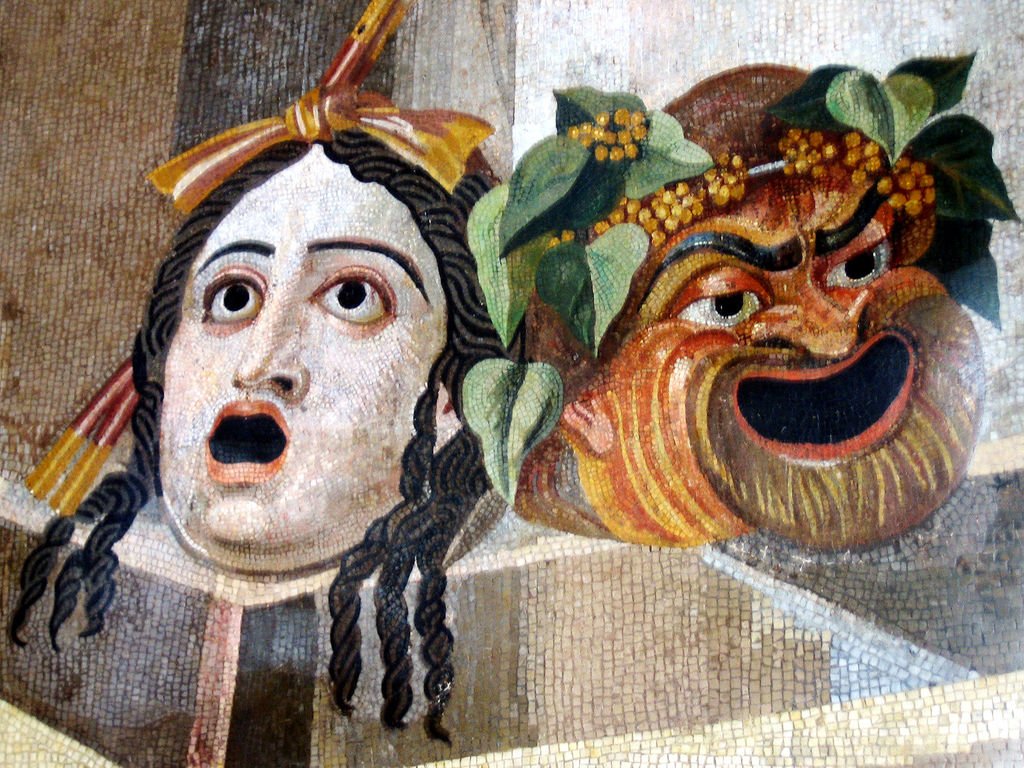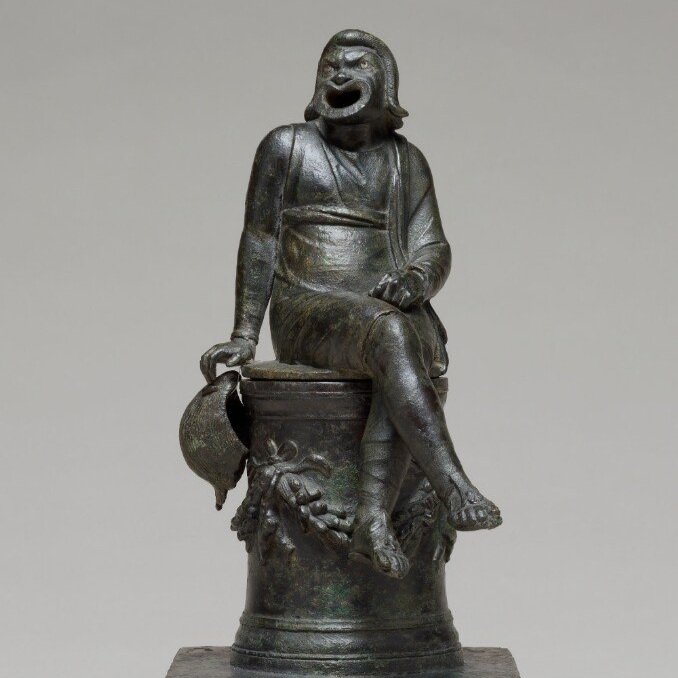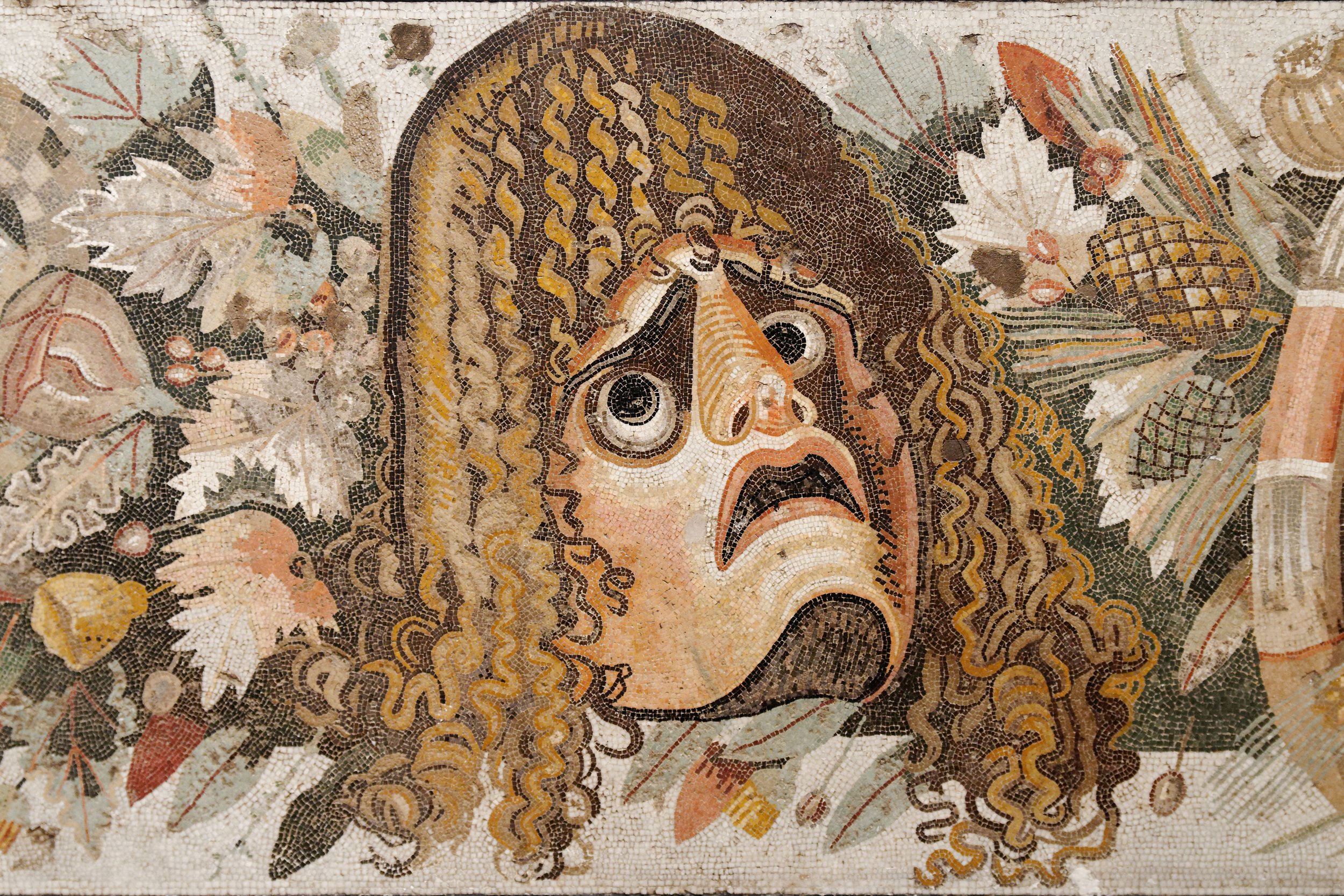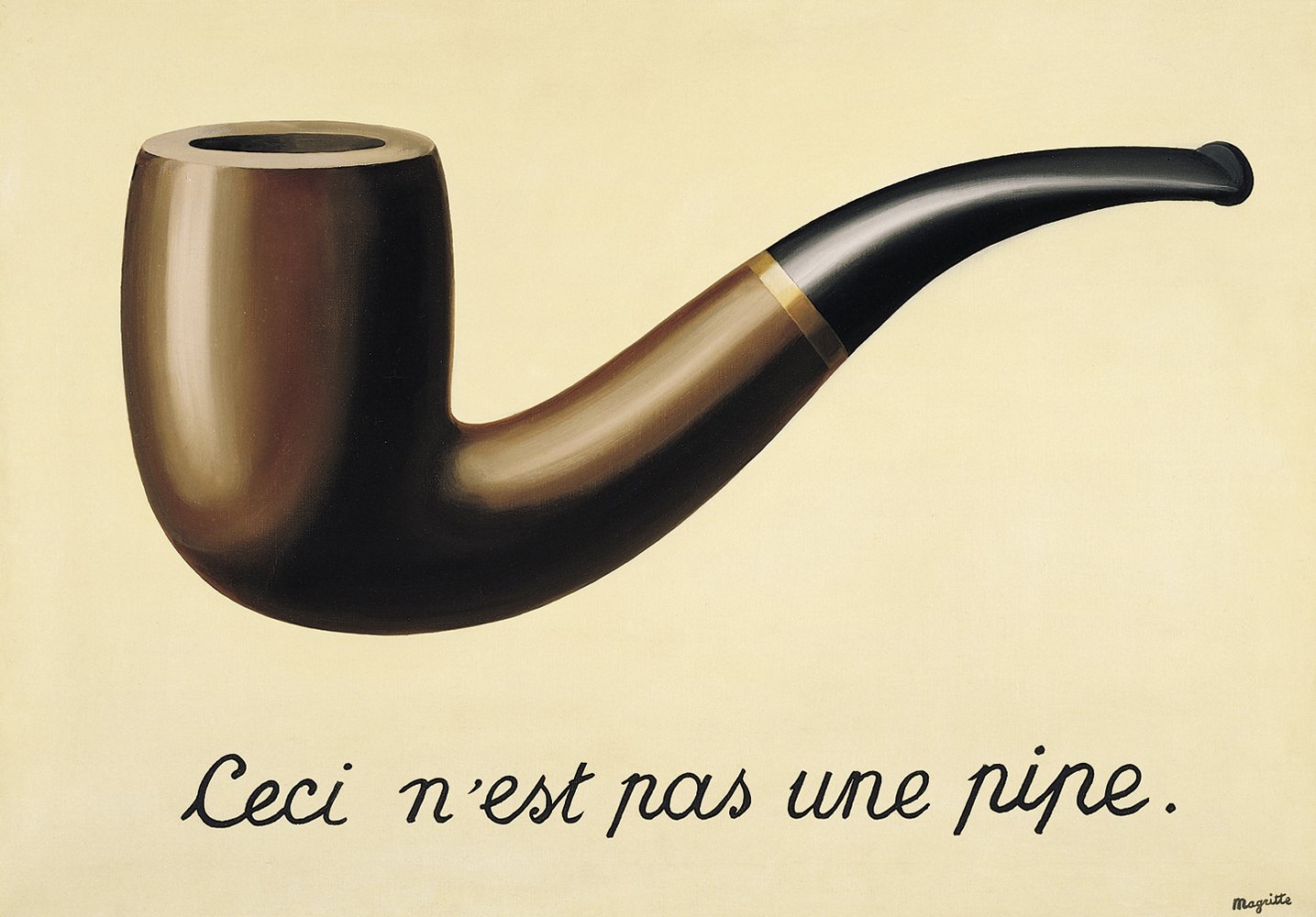Who am I? Identity in a virtual world.
Let me ask you an easy question, what is the real you? Now as easy as that question sounds, it’s been perhaps the biggest cause for debate among philosophers, theologians, and scientists since before these positions in society even existed. But really what are you? Are you your body? Are you your mind? Of course, this word, you, must refer to something because we use it all the time. Perhaps it’s your personality? Or maybe it’s the things you do like your career. But neither of these things are your appearance, and that's you, right? Like if you see yourself in a picture or in the mirror you know that's you. But if it’s you in the reflection of a mirror then who is looking in the mirror?
-------------------------
Part 1: Technology
Now, whatever “you” are it seems to be closely tied to identity, which for now we’ll call the sum of the descriptions that make us up: shy, curious, aggressive, tall, small, etc. But nowadays, our society’s hyperfocus on producing more faster has created a world where these attributes about ourselves can be edited on a whim. First, technology brought us clothing, jewelry and make up to express ourselves. Then came the ego-saving cosmetic surgery and hair dyes that “keep us younger”. But now the we sit on the edge of the quantum leap of identity customization: the Metaverse. Everything from social media facial filters, video calling app filters, video game characters, and the entirely customizable virtual world of the metaverse are ushering in a new way to express yourself. And you may say “oh no this is just online, but we still have our real lives.” Except our real lives are quickly being replaced by semi or completely virtual ones thanks to technology and a pandemic induced realization that we don’t actually need to ever get up from the couch. The world has returned to a new normal since the pandemic, but one with a fresh ambition to make life maximally convenient. Which more often than not, means staying at home for everything. Why would we go back to a world where you have to drive to get groceries, go to school or work, or go see the doctor when a safer and cheaper alternative either already exists or is being designed now? And in this new virtual world your online presence will be more important than your real presence so your new identity to the rest of the world is your facebook profile picture or whatever grid of pixels you upload to the internet as your “face”.
And even if the virtual world somehow avoids the mundane tasks of our personal lives, it’s rushing full steam ahead toward our leisure. Would you turn down vacations to the French Riviera, afternoons in the greatest museums, and underwater strolls amongst the great barrier reef - all from the safety and comfort of your living room? The Metaverse promises this much and more. And on top of all of this, the virtual world allows you to meet people completely anonymously, absolutely free from the baggage of your real life. A real opportunity to be whoever you want in a world where your imagination is literally the only limit to possibility. Now, this idea of the virtual world swallowing our entire lives bit by bit can be scary, you may wonder where society will go if we have no anchor in reality? But is this really the first time humanity has come to this precipice?
-------------------------
Part 2: Antiquity
The philosopher Alan Watts, perhaps almost as well known for his rascality as for his finesse with the English language, often told the origin story of the word person. It goes like this: Person comes from the latin personae which refers to the mask that was worn in roman and greek dramas. The masks were the focal point of an actor’s costume because of the human sensitivity to faces. And as a result, they often displayed exaggerated emotions of anger, comedy, or tragedy. People loved the dramas so much the masks actually transcended the plays and were interwoven into everyday objects like jewelry, oil lamps, vases, and even small statues resembling action figures. In the 4th and 5th centuries AD Christological debates were held to disambiguate humans from nature. Here it was decided Christ would be called the person (or mask) of God, meaning the human form of God as opposed to the natural. Thereafter the word person referred to humanity instead of its previous meaning: a mask. Or put another way, the mask became the person.





If you study history you’ll see this is far from a unique case. As humans, we perpetually mistake our representations for reality as the real thing. Perhaps the greatest illusions were birthed from the transition of hunter-gatherer society to agricultural society about ten thousand years ago. In a hunter-gatherer tribe there was essentially one job for everyone: protect and maintain the tribe. When societies started to form around agriculture there was a requirement that individuals specialize into different jobs. Thus, out of necessity, society created farmers, warriors, priests, and kings. And with the threat of war, the very well being of the society as a whole hung in the balance of how well the society could cooperate and work together. This required that each individual do their specific job for the societal machine. So it was extremely important that people not only do their job but they act out and become their job. Over generations people forged their own masks by indoctrinating social roles as farmers, warriors, priests, and kings in everything from their fashion to the stories told about these roles. And while it’s easy for us to see the mythical stories like Hercules or Gilgamesh passed down through generations are imagined, the very roles and ideologies behind them are just as fictional.
And this isn’t to say that these fictions are bad or wrong. In fact, it’s no wonder that society progressed in this way, as the historian Yuval Noah Harai has said, it’s not human intelligence but the ability to create and believe fictions that is homo sapien’s true super power. So how are we able to cooperate to achieve great things? Our imagination. Religions, legal systems, corporations, and even money are all stories. None of these things are objective realities. You can touch and feel a rock or tree or water in a stream, but no matter how hard you look you can never find God, a legal system, a corporation, or money in reality. A green piece of paper can’t feed you or keep you warm. Its only value exists from the intersubjective belief that it has value: its story. Since these stories are so powerful they’ve become ubiquitous in our daily lives, so it’s hard not to confuse them for objective reality. This idea is succinctly put by René Magritte’s Treachery of Images. The words and symbols we use to represent objects often seem just as real as the object itself, so at first the picture below looks like a contradiction, but of course, that is not a pipe, that is an image of a pipe. Every man-made image, word, or symbol must refer to something: either another image or reality itself. And only reality, the bare naked version free of symbols, can sit silent referring to nothing at all.
-------------------------
Part 3: Today
Today we already live virtual lives so deeply embedded in fictions that everything from the clothes we wear, roles we play, and jobs we do are all steeped in them. But if this is the case, what is the real you? Just try thinking of yourself for a moment. What do you see? What you physically look like? Clearly that’s not you because a person born blind has no conception of appearance and they still exist, right? Let’s say we could create an exact copy of you down to every atom in your body, is that you? Of course not, because the REAL you is standing there looking at the copy of you. So it would even be wrong to say that you’re every atom in your body. In the same way that the actors in Rome weren’t one in the same as their masks and, whatever is in that picture, it’s not a pipe, you are not your representations, no matter how detailed. If this is still confusing, look at the word individual. That which cannot be divided. Of course, you are tall, short, funny, awkward. You’re all of your atoms, your personality, and your image of yourself too. But you are never merely one of those things, you’re always all of it, all at once. You are that which cannot be divided into words or anything at all.
Society has always told us what we are because that’s how it survives, and the growth of technology will only ramp this up. On this new stage of drama, the difference between reality and representation will only become more obscure. All of us already wear a mask called an avatar. Whether it be instagram, twitter, reddit, video games, a messaging app, or the Metaverse there is some sort of symbol that represents you. In the upcoming years, as we move to not only doing leisure, but work and doctor visits and everything else virtually from the safety of our homes, we will come across less and less people and more and more avatars in daily life. So, just like the word person, it is only a matter of time before a word that used to mean our playful mask online, avatar, will mean a human being itself: you.


